15 Common Splurges That Add Up Faster Than You Realize
Small expenses can slip by unnoticed, quietly draining your budget. Everyday spending habits often go unchecked, leading to waste that adds up over time.
This article highlights 15 common money wasters that might be hiding in plain sight. By spotting these habits, you can redirect your cash to what matters most.
Unused gym memberships

You might be paying for a gym membership that you rarely use. Many people sign up with good intentions but quickly lose motivation.
The average gym membership costs around $60 monthly. If you’re not going regularly, that adds up to over $700 a year spent without benefit.
It’s worth checking if your membership really fits your lifestyle. Canceling could save you a significant amount.
Expired food and drinks
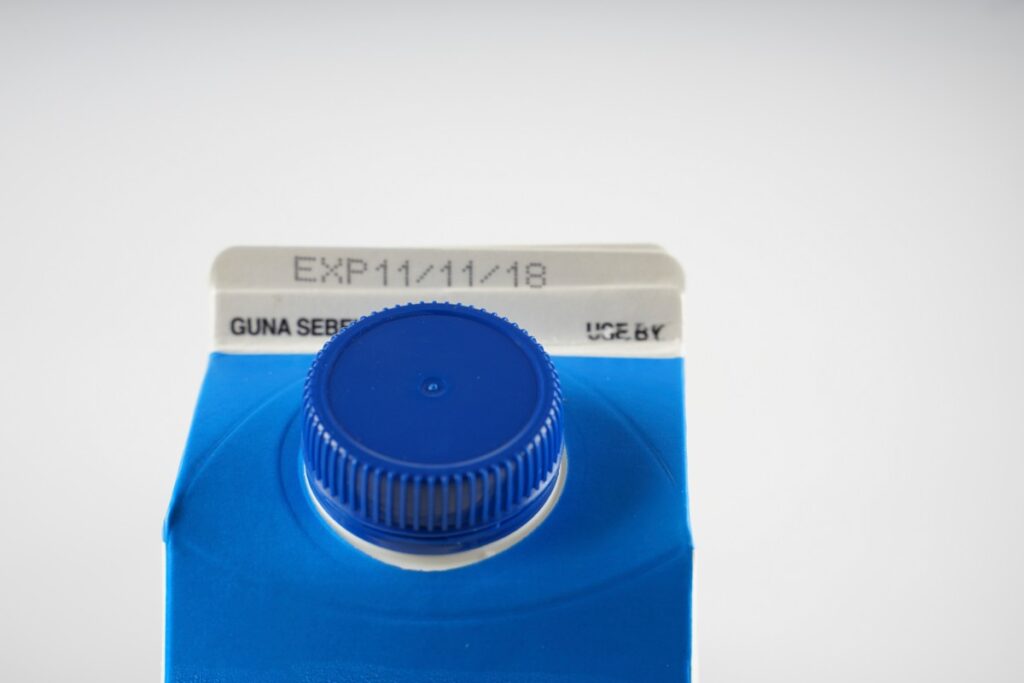
You might not realize how much money gets wasted when food and drinks expire in your pantry or fridge. Expired items often end up tossed without a second thought, but staying on top of expiration dates can save you cash.
Organizing your pantry and fridge regularly helps you spot near-expiry products and encourages you to use them before they go bad. It also prevents buying duplicates of items you already have but forgot about.
Simple habits like planning meals and checking your stock before shopping can help you avoid throwing away money on expired goods.
Daily coffee shop visits

You might not realize how much those daily coffee runs add up over time. Grabbing a drink every morning or afternoon can cost more than you expect by the end of the week.
Making your own coffee at home can save a noticeable amount of money. It doesn’t mean giving up your favorite drinks—just finding a more budget-friendly way to enjoy them.
Buying name-brand cleaning products
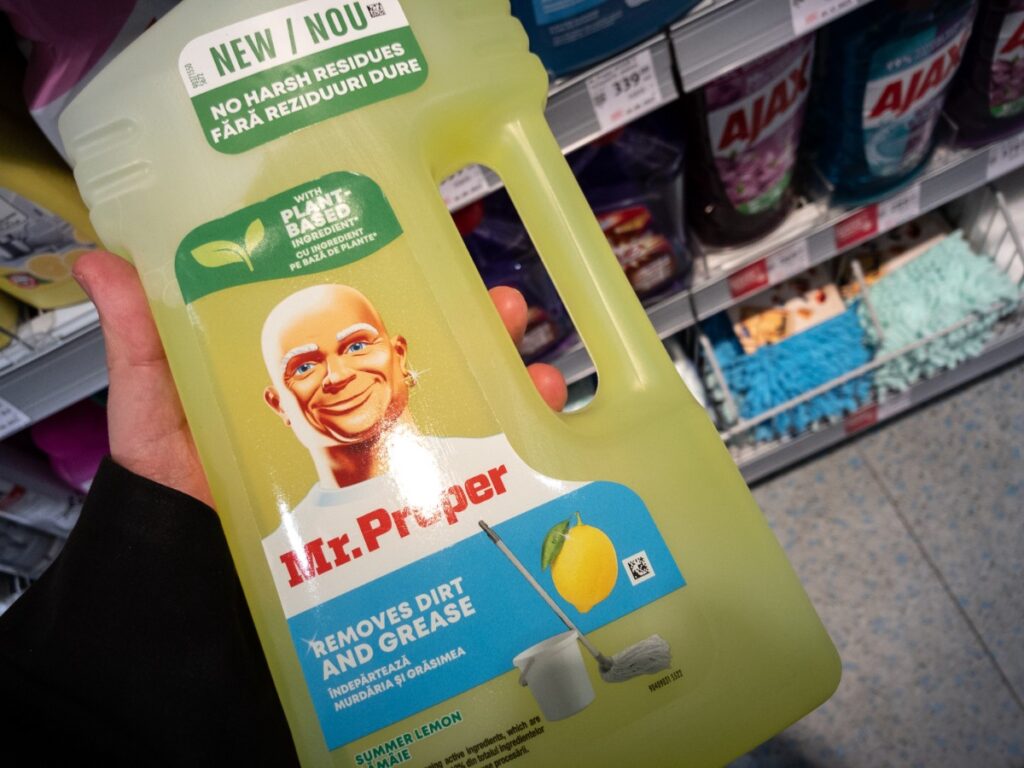
You might think name-brand cleaners are better, but many times they cost more without delivering extra benefits. Store-brand options often work just as well for a fraction of the price.
Simple ingredients like vinegar, baking soda, and lemon can handle many cleaning jobs around your home. Making your own cleaners is not only cheaper but also reduces chemicals.
Next time you shop, consider skipping the fancy labels. You’ll save money and still keep your home clean and fresh.
Overbuying groceries

When you buy more groceries than you need, money often gets wasted. It’s easy to grab extra items, especially in bulk, thinking you’re saving, but they might spoil before you use them.
Planning your shopping trips with a list helps you avoid impulse purchases. Stick to what you need, and only buy fresh items in quantities you can consume soon.
You can also reduce waste by checking what you already have at home before shopping. This way, you avoid duplicates and save both money and food.
Unnecessary subscription services
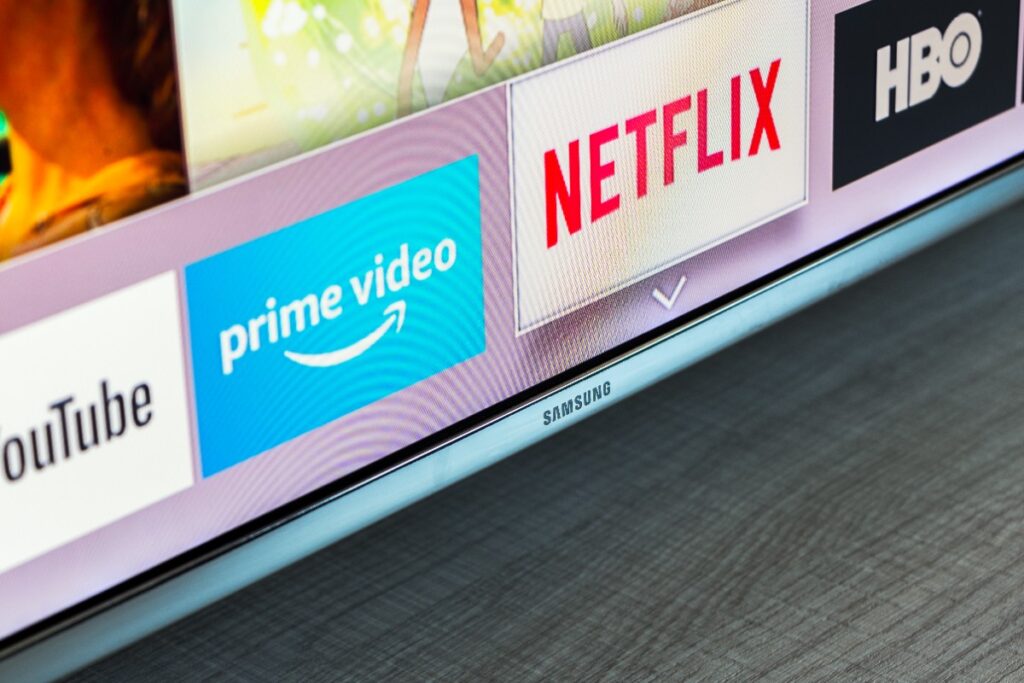
You might be paying for subscription services that you rarely use or even forgot about. Streaming platforms, gym memberships, or magazine subscriptions can quietly add up each month without much notice.
Take a moment to review your bank statements. Cancel any subscriptions that don’t bring value to your life.
Some content is available for free online, so consider switching to those options if you want to save money.
Impulse online shopping

You’ve probably clicked “buy” on something trendy without much thought. It looks like a great deal at the moment, but when it arrives, it might not fit or feel right.
Online shopping makes it easy to add items to your cart quickly. Before you know it, those little purchases add up.
Try to pause and think if you really need the item. This can help you avoid spending on things that don’t match your style or needs.
Excessive dining out

Dining out can be a nice treat, but doing it too often can quickly add up. Small choices like ordering extras or pricey drinks can turn a simple meal into a costly outing.
Planning meals at home or choosing less expensive options when eating out helps avoid overspending. Being mindful about dining choices can make your money go further.
Premium cable packages

You might be paying for a cable package that includes dozens of channels you never watch. These bundles often come with premium channels or sports options you rarely use, driving up your monthly bill.
Switching to streaming services can save you money. They let you pick plans tailored to what you actually watch, so you don’t pay for unnecessary extras.
With free and low-cost alternatives available, paying for a full cable package may not be worth it.
Bottled water instead of tap

You might grab bottled water out of habit, but it costs a lot more than tap water—sometimes hundreds of dollars a year. Tap water in many places is highly regulated and safe to drink, so paying for bottled water may not add much value.
Using a reusable bottle with a filter can save you money and reduce plastic waste. Plus, you can add natural flavors like fruit or herbs to make your water tastier without extra cost.
Unused apps on smartphones

You probably have more apps on your phone than you actually use. Most people regularly open just about 20 apps, even if they have many more installed.
These unused apps can take up valuable space and sometimes cost you money through subscriptions or in-app purchases you forget about.
Taking a moment to review and delete apps you don’t need can save storage and help you avoid hidden expenses.
Buying fast fashion frequently

When you buy fast fashion often, it might seem like a good deal at first. But cheap clothes usually wear out quickly, meaning you’ll spend more replacing them over time.
Fast fashion encourages you to chase trends, which leads to buying more than you need. This can fill your closet with items you rarely wear.
Choosing timeless, durable pieces can save you money and reduce waste. Think about quality over quantity—it’s better for your wallet and the planet.
Paying for extended warranties
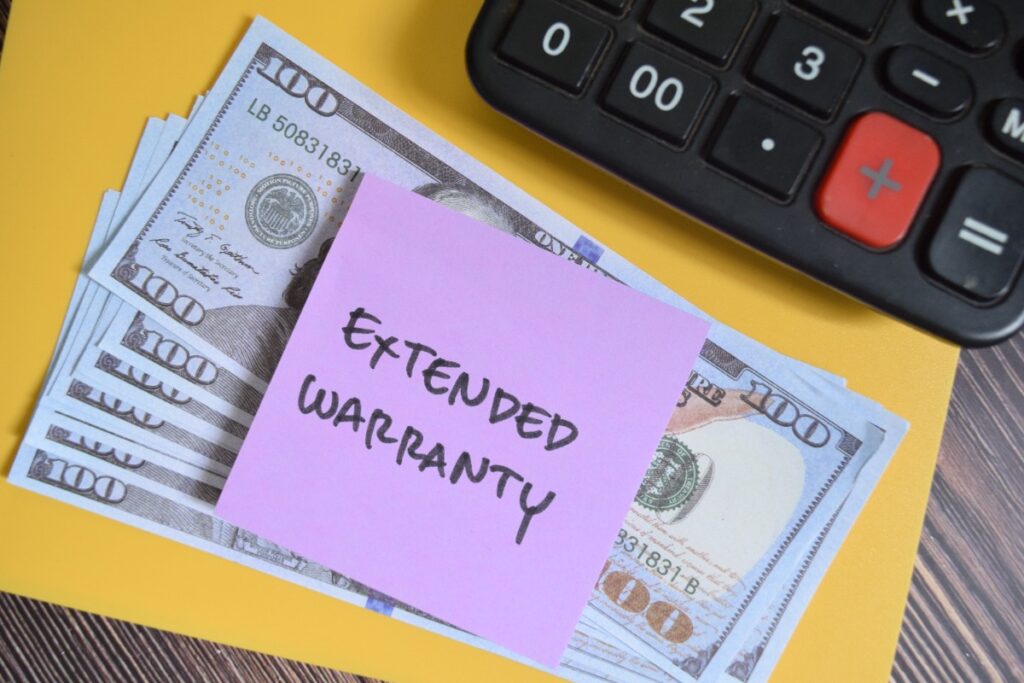
You might think extended warranties are a smart way to protect your purchases. But most of the time, they cost more than any repairs you’ll actually need.
Extended warranties often cover only certain issues, leaving you stuck if the problem isn’t included. Many people end up paying for protection they never use.
Before you buy one, consider how long the product usually lasts and the cost of potential repairs. If your item is prone to expensive repairs or has a history of issues, an extended warranty might be worth it.
Upgrading gadgets too often

You might feel tempted to buy the newest phone or laptop as soon as it comes out. But most devices work well for years without needing replacement.
Holding onto your gadgets longer saves you money and reduces electronic waste. New models often have only small improvements, so skipping a few versions can make a big difference.
Before upgrading, ask yourself if your current device meets your needs. If it does, wait a bit longer to avoid unnecessary expenses.
Forgotten monthly subscriptions
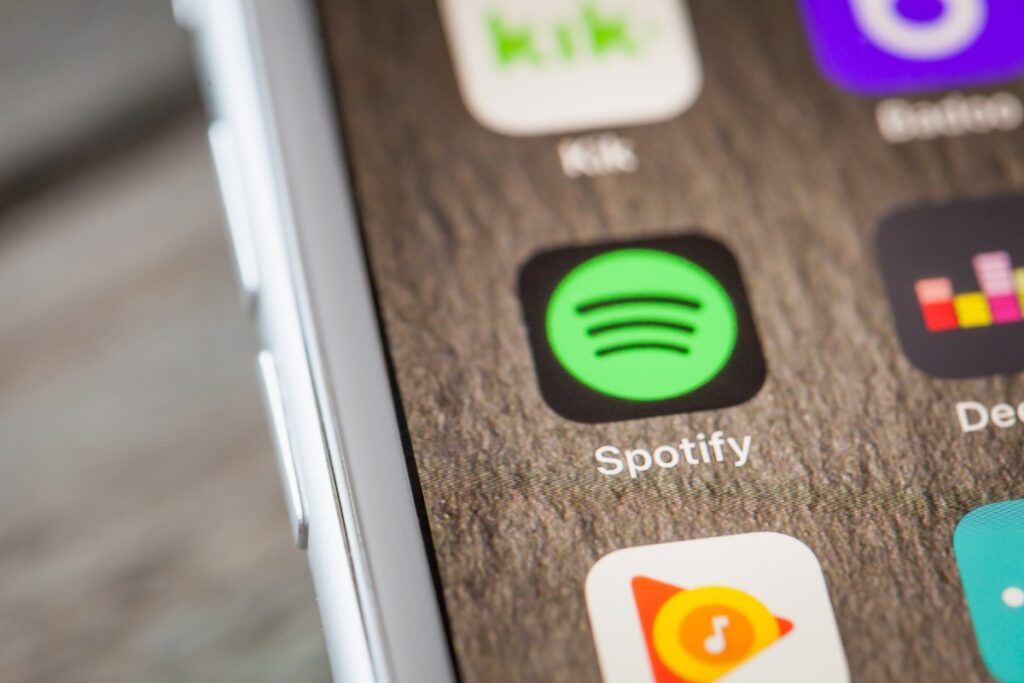
You might be paying for subscriptions you no longer use or even remember signing up for. These charges can quietly add up each month without you noticing.
Streaming services, gym memberships, and app subscriptions are common culprits. Many people start with a free trial but forget to cancel before it converts to a paid plan.
Reviewing your bank statements or subscription list can help you spot these unnoticed expenses. Canceling the ones you don’t use can free up money for things that matter more to you.







